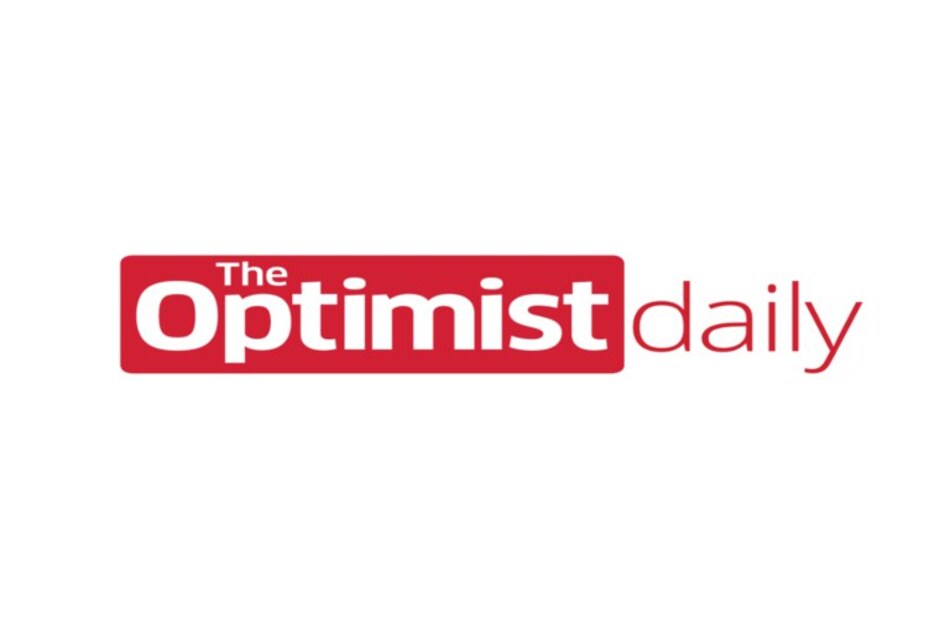The global pandemic has shaken up the world, restricted our movements, gave us time to reflect, and, in many ways, exposed the flaws of the systems we have in place that perpetuate social inequalities and disparities.
Moving forward in a post-pandemic world requires us to tweak some of these systems that prevent people from having access to equal and fair opportunities. One area that should be reworked is the general hiring process—there are plenty of employment barriers for those who are seeking employment that make it incredibly difficult for some to compete or even get a shot at finding a job. Luckily, there is a hiring model that seeks to knock down these barriers called “open hiring,” and companies that have decided to take it on during the pandemic are finding it a success.
What is open hiring?
Open hiring is a “first-in-first-hired” process, where the first qualified person who applies gets the job. The concept behind this method is to give people who normally face a lot of hurdles when it comes to finding employment a chance, regardless of their past, educational background, or lack of experience.
Benefits
Access to a bigger candidate pool
This idea may seem uncomfortable at first, but there are plenty of benefits to adopting an open hiring onboarding process. Firstly, having fewer requirements broadens your options. Of course, open hiring won’t work for finding people to perform specialized work, but having a larger talent pool is quite helpful for filling entry-level positions that require little to no experience that might otherwise be difficult to fill.
Greater diversity
If you open your vacancies to everyone and only require candidates to submit an application, then diverse people from all walks of life will eventually apply and become employees.
A fast recruitment process
Fewer requirements mean less time spent going through background checks and other odds and ends, which, by extension, shortens the recruitment process. However, this doesn’t mean that there’s no screening process at all.
The Body Shop adopted open hiring during the pandemic and asks their candidates three questions: “Are you authorized to work in the U.S.? Can you stand for up to eight hours? And can you lift over 50 pounds?”
Improved retention
Open hiring is an incredible opportunity for people who have a history that makes it hard for them to find work, whether that’s a criminal record, a disability, or simply a lack of work experience. Offering people with limited options a chance to work means that they’ll be more loyal to their employer and less likely to leave. This in turn means less turn-over and wasted time spent on training employees that will not hesitate to find another job and leave.
When The Body Shop decided to take on open hiring, their monthly turnover decreased by 60 percent.
Positive impact on society
This is a hiring process that focuses on a person’s potential to work, rather than their past. Those who normally face employment barriers still need to pay their bills and have a sense of purpose in life. Open hiring is a chance to uplift people who genuinely want to start over, not just for themselves, but for their families.
Reduced bias
In-person interviews, even if the interviewer tries to consciously override their personal bias, will still be impacted by those biases. Eliminating that part of the process certainly reduces hiring based on the bias (but it doesn’t necessarily take away all bias from the process).
Disadvantages
Open hiring comes with its fair share of risks, just as any recruitment method. For example, deciding to cut out all due diligence regarding applicants can be tricky, especially if employees end up working closely with their colleagues or with customers.
Also, while “reduced bias” is certainly a benefit of the open hiring process, different biases are still present. For instance, hiring on a first-in-first-hired basis means favoring people who have easy access to a computer or who aren’t busy taking care of dependents.
Lastly, there are plenty of jobs where this hiring process would not be suitable. Jobs that require more than on-the-job training or a specialized background won’t be filled through open hiring, so organizations will have to have a different onboarding process for those types of positions.
Wrap-up
Like every systematic process, open hiring has its pros and cons. However, the positive impact it could have on a large pool of job seekers that are often excluded is tremendous.










